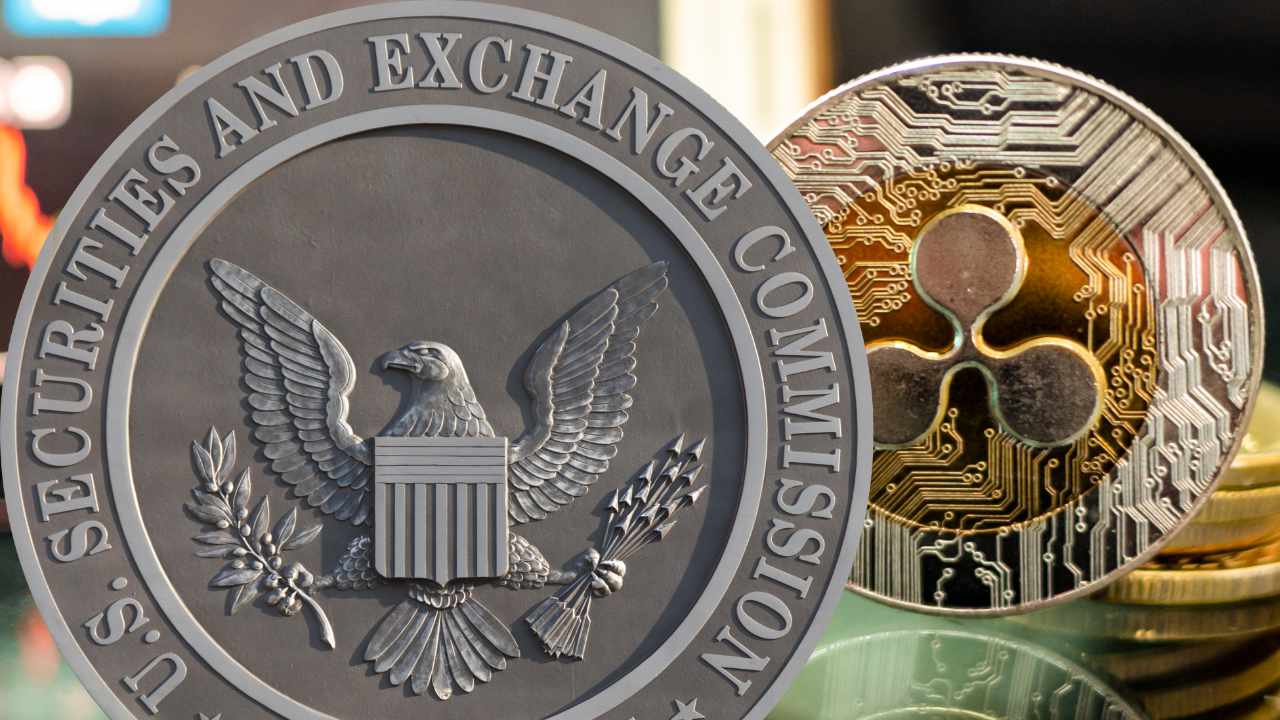
Ripple says the “in principle” approval will help scale its “On-Demand Liquidity,” the service it uses to source XRP liquidity to customers.
Blockchain-based payments firm Ripple has obtained in-principle regulatory approval from Singapore’s financial regulator to offer digital asset payments and token products in the city-state.
Ripple confirmed the approval from the Monetary Authority of Singapore (MAS) in a June 22 statement. The approval will allow its subsidiary, Ripple Markets Asia Pacific, to further scale its On-Demand Liquidity. The ODL helps Ripple’s customers to move XRP around the world without the banks intervening as intermediaries.
We’re honored to obtain In-Principle Approval of a Major Payments Institution License from the @MAS_sg – allowing us to offer regulated digital asset products and services, and scale customer use of #ODL.
— Ripple (@Ripple) June 22, 2023
Learn more: https://t.co/8Ylc3lZSeg
The firm applied for the institutional payment license under Singapore’s Payment Service Act.
Ripple CEO Brad Garlinghouse praised the Singaporean regulator for its “pragmatic, innovation-first approach” to cryptocurrency-related services, adding that the country will provide a “prominent gateway” for Ripple’s business operations in the Asia Pacific region.
Ripple’s chief legal officer, Stu Alderoty, also noted that Singapore’s “early leadership” is paving the way for other regulators looking to develop a “clear taxonomy and licensing framework.”
1/ @MAS_sg has built a workable framework that truly unites consumer protection, market integrity and innovation. They’ve also outlined a clear taxonomy to classify and regulate digital assets – making it possible for companies like Ripple to build and offer compliant products. https://t.co/KLYzWRrST0
— Stuart Alderoty (@s_alderoty) June 22, 2023
Alderoty explained that the approval expands upon Ripple’s customer reach.
“This in-principle regulatory approval from the MAS will enable us to better support our forward-thinking customers looking to hone in on blockchain and crypto technologies to build a more inclusive and borderless financial system.”
In 2022, Ripple managed to double the number of employees in its Asia Pacific headquarters as its Singapore base experienced a majority share of ODL transactions flowing through the city-state.
The MAS released its own Purpose Bound Money white paper on June 21, which proposes standards for fintech firms providing digital money services in Singapore:
.@MAS_sg published a whitepaper proposing a common protocol to specify conditions for the use of digital money such as CBDCs, tokenised bank deposits, and stablecoins on a distributed ledger.
— MAS (@MAS_sg) June 21, 2023
READ: https://t.co/ZzY0OjOG1n
While Ripple’s path to compliance with Singapore came without much in the way of legal barriers, this hasn’t been the case elsewhere.
Ripple’s legal team has had their hands tied with the U.S. Securities Exchange Commission since December 2020 after the regulator sued them for allegedly offering XRP — the token that powers XRP Ledger — as an unregistered security.
A ruling is set to be made on the high-profile case in the coming months, according to Garlinghouse.
Related: Ripple vs. SEC: Could newly released documents tip the balance?
On June 15, Ripple partnered with Colombia’s central bank, Banco de la República, to pilot a central bank digital currency on its XRP Ledger.
The firm has also partnered with central banks in Montenegro and Thailand, in addition to many other regional banks and financial institutions around the world.
Magazine: Crypto regulation — Does SEC Chair Gary Gensler have the final say?


